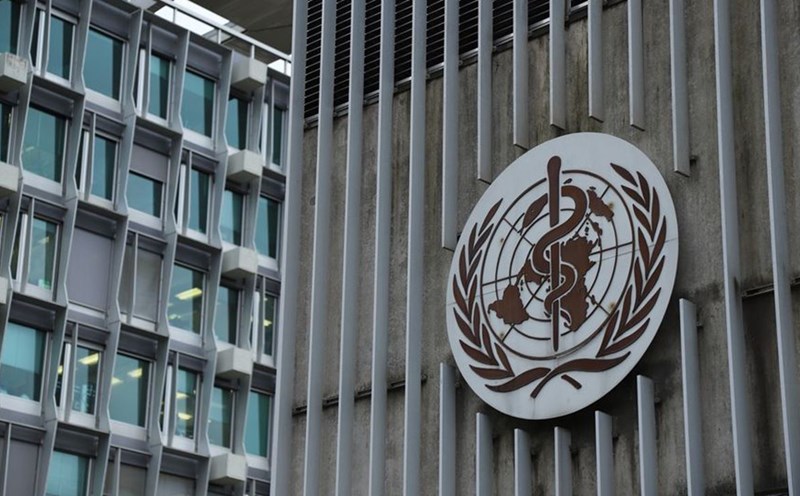In 2024, US liquefied natural gas (LNG) exports will reach a new peak, with 55% of total exports heading to Europe, affirming the region's strategic role in the context of decreasing Russian gas supplies.
According to data from LSEG, US LNG exports in 2024 will reach 88.3 million tonnes, up 4.5% from 2023, helping the US maintain its position as the world's largest LNG exporter. In December alone, exports reached 8.5 million tonnes, close to the record of 8.6 million tonnes in December 2023, Euractiv reported.
The increase is driven by two new plants: Cheniere Energy's Corpus Christi (Texas) and Venture Global LNG's Plaquemines (Louisiana), which are expected to add 30 million tons of LNG per year to US production.
Europe continued to be a key market, accounting for 69% of US LNG exports in December (5.84 million tonnes), up from 5.09 million tonnes in November. Turkey is one of the largest importers in Europe, as winter begins and energy demand increases.

For the full year 2024, Europe will receive 55% of all US LNG, far ahead of Asia (34%) and Latin America (11%). Russia’s continued gas supplies via Ukraine will help Europe maintain high levels of reserves in the winter of 2023-2024, but this condition is unlikely to be repeated this year, as the transit agreement expires on December 31, 2024.
The disruptions to Russian gas supplies, combined with a forecast of a harsher winter in Europe, have led to a surge in LNG demand, prompting the US to focus on expanding its production and export capacity to offset the global shortage.
"Increased US exports from new facilities like Plaquemines are key to reducing global LNG price volatility by 2025," said Alex Munton, director of global gas and LNG research at Rapidan Energy Group.
The global LNG market will face greater supply-demand pressures as supply growth slows while demand from Europe and Asia increases simultaneously. In addition, the boom in data centers and artificial intelligence (AI) is also boosting domestic gas consumption in the US.
“The U.S. gas industry has long been preparing for LNG demand growth, but factors like AI and new technologies are adding pressure,” said Ira Joseph, an LNG market expert and senior fellow at the Center on Global Energy Policy at Columbia University.
US LNG exports are cementing their role as a global energy hub, especially as Europe reduces its dependence on Russian gas. Europe is once again at the center of a major energy competition between major powers.











